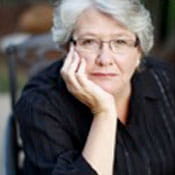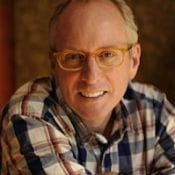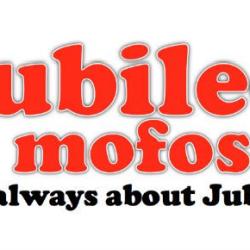What exactly is going on in the church today? Some faith communities appear to be experiencing explosive growth, while others languish with smaller and older congregations. Why? What does the younger generation want to say to the older generations of church leaders? Are we passing or dropping the baton of spiritual leadership from one generation to the next? The wind of God's spirit is blowing, but where? And what does it mean for how we "do church"?
The question "what is church?" has no simple answer. At a December 7-8 conference in Dallas, four renowned speakers will address that question more fully. Here's a peek at a conversation they shared recently about the topic.

Brian McLaren—Author, speaker, activist, Theologian in Residence at Life in the Trinity Ministry
One of our great challenges these days is that the church is fragmented and fulfilling a variety of purposes, many of which are at cross-purposes with one another. Sections of the church are functioning as a counterculture, and a section of the church serves as the enforcer and the chaplaincy to the dominant culture. And this is nothing new. In the era of slavery, we had churches that were standing up for abolition, and we had churches that were supporting the continuation of slavery. That pattern we see again and again. All of us have a choice: Do we want to be a part of churches that are the moral police or the established order, or do we want to be part of churches that are agents of transformation and imagination for a very different way of life?

Enuma Okoro—Award-winning writer, speaker and spiritual director
There are aspects that are countercultural, but how do we, as people of faith, engage, embrace, critique, and talk about those other aspects of the church that aren't, in a way that is not condemning, but loving and invites discussion and growth? One of the most difficult things for me to see and navigate is how much animosity there is among Christians within the church and how much we Christians pick sides within the church. So often we think about how we are speaking outside the church, but as I travel in different cultures, what I see is how much bad-mouthing there is within the church. I struggle with this. If I'm Catholic, how do we think about non-Catholics? How do we think about evangelicalism versus the Episcopal Church? There are so many "clubs" within the faith, so to speak, and you see it all over.

Suzanne Stabile—Internationally renowned Enneagram teacher, co-founder of Life in the Trinity Ministry
One of the things I am really concerned about, that I see in our work with veterans, is that when they were preparing to join the military or when they enlisted and were being deployed their church communities were behind them and supported them. But once they get home and are significantly changed by their experience, the same churches don't have a space for them. So they have to find other church communities that are pro-soldier, but not pro-war, and they don't quite know how to approach the church at all unless those church communities find them. So one of my concerns is what happens to people who know church to be one thing until they have a significant experience and then have to find church?

Ian Morgan Cron—Author, retreat leader, counselor, theologian
My area of focus and concern is around Christian spirituality. For me, a spirituality that supports a life of witness to the Kingdom is really important. Rather than aiding and abetting people in that journey, we are actually colluding with the forces of culture to create "beige" people, people who are not being challenged to live in relationship to the Trinity in such a way that their presence in the world is powerful and illuminating.
To register or learn more about the conference, visit: http://lifeinthetrinityministry.com/whatischurch/annualconference
11/26/2012 5:00:00 AM




